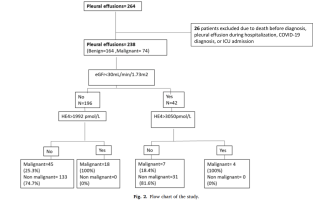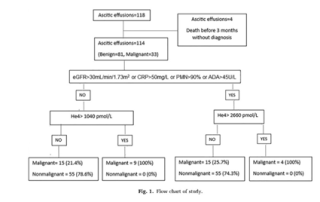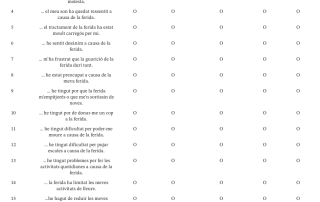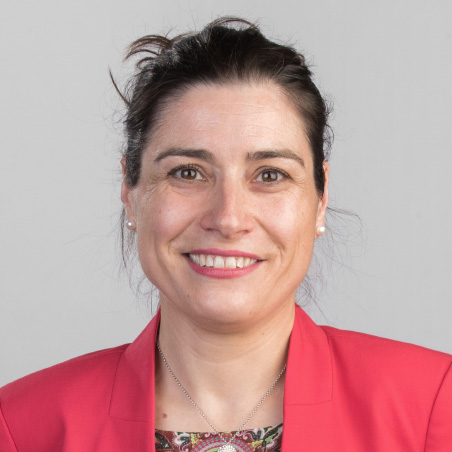
Marta Otero Viñas
Director of The Tissue Repair and Regeneration Laboratory
Email: marta.otero@uvic.cat
ORCID: 0000-0003-2718-9977
Scientific Profile: URECERCA
Marta Otero is a professor in the Department of Biosciences and also serves as the Director of the Doctoral School at the University of Vic-Central University Catalonia (UVic-UCC). She began her research career working in Professor Lina Badimon’s laboratory, where she earned her Ph.D. working on cardiovascular disease research. Later, she focused her research on cutaneous wound healing and served as a visiting researcher in the Department of Dermatology at Boston University School of Medicine from 2014 to 2016.
Currently, Marta Otero leads the TR2Lab where she is dedicated to better understanding the mechanisms of tissue repair and regeneration. Her primary research interests are in the area of chronic wounds and she works on developing translational projects focused on cell-based therapeutics and tissue engineering.
Over the years, Marta Otero has held several leadership positions, including the Director of the Doctoral Program in Medicine and Biomedical Sciences (2019-2023), Vice-Dean for Research at the Faculty of Medicine at the UVic-UCC (2018-2019), and Director of Research and International Relations of the Faculty of Medicine at the UVic-UCC (2017-2018). She also served as the Vice President for research and knowledge transfer at the University of Vic-Central University of Catalonia (2008-2014). Previously, she created and developed the cell culture unit at the Cardiovascular Research Center in Barcelona from 2003 to 2006.
Marta Otero holds a Ph.D. in Biochemistry and Molecular Biology (2004) from Universitat de Barcelona, a Postgraduate degree in Strategic Management of Universities (2010) from Universitat Politècnica de Catalunya, and a Bachelor’s degree in Biochemistry (1999) and Chemistry (1999) from Universitat de Barcelona. Additionally, she received training in Human Subjects Research (2016) from the CITI Program and in working in Good Manufacturing Practices (GMP) facilities (2016) from Boston University School of Medicine.
My last happenings:
The diagnostic accuracy of HE4 in the differential diagnosis of pleural effusions.
Authors: Bérgamo S, Trapé J, González-García L, González-Fernández C, Vergara C, la-Torre ND, Bosch-Presegué L, Otero-Viñas M, Catot S, Crespo-Casal M, Rives-Jimenez J, Arnau A, Costa R, Cugat JR, Gonzalez-Sánchez F, Pla-Salas X, Sant F. Clin Chim Acta. 2025 Jan 30;566:120027. doi:10.1016/j.cca.2024.120027 Read More Abstract Background: Pleural effusions are challenging to diagnose, with approximately 20-50% of malignant effusions not diagnosed by cytology. Human epididymal protein 4 (HE4) may be useful in the differential diagnosis of pleural effusions. In serum, this biomarker shows false-positive results in some benign diseases. The aim of this study was to evaluate the diagnostic utility [...]
Utility of human epididymis protein 4 in the differential diagnosis of ascites
Authors: Bérgamo S, Trapé J, González-García L, González-Fernández C, Vergara C, de-la-Torre N, Trujillo G, Estivill D, Álvarez-González MA, Bosch L, Otero-Viñas M, Bergós C, Catot S, Ruiz-Hidalgo D, Ros S, Sant F Clin Biochem. 2023 Oct;120:110645. doi:10.1016/j.clinbiochem.2023.110645. Read More Abstract Background and aims: Human epididymal protein 4 (HE4) may be a useful tool in the differential diagnosis of malignant ascites. The aim of this study was to evaluate the diagnostic utility of HE4 for detecting malignant ascites, taking into account the possible false positives identified with adenosine deaminase (ADA), C-reactive protein (CRP), % polynuclear cells (%PMN) and [...]
Cultural Adaptation and Psychometric Assessment of the Catalan Version of the Wound‐QoL‐17
Authors: Casals-Zorita M*, Masó-Albareda C, Palacio-Arronis N, Ghanam-Zaidan O, Puigoriol-Juvanteny E, Otero-Viñas M, Janke TM, Ferrer-Solà M, Sarri E. International Wound Journal. 2026. 23(1), num:70806 DOI:10.1111/iwj.70806 Read More Abstract Complex chronic wounds are an increasing health concern, affecting individuals both physically and psychologically. To measure the quality of life of this population properly translated and validated questionnaires in their native language are needed. The aim of this work is to provide a validated instrument for measuring the quality of life in the Catalan speaking population with complex wounds. A cultural adaptation of the Wound‐QoL‐17 questionnaire into Catalan [...]


